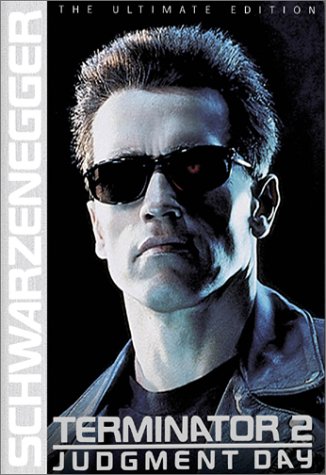
"In my own experience, when addressing a group of students from a Modern Orthodox yeshivah in Jerusalem, I was surprised at the resistance that I had elicited through my comments about Torah Umadda (which reflected some of the reservations that I am mentioning here). The casual gathering that it was, I pressed harder to find out what was underlying their strongly stated commitments to the pursuit of secular studies. For one, as it turned out, most of those present had been, at some time or another, talmidim (students) of talmidim of Rav Joseph B. Soloveitchik. Though most of them did, in fact, stand up for the concept, they failed to give the impression that it was anything more than a rallying cry that they had inherited from their teachers. Rav Yaakov Kamenetsky may have been surprised that his talmidim at Torah Vodaath were unaware of Tolstoy’s Anna Karenina. These bachurim(young men) to whom I was speaking, though championing Torah Umadda in the abstract, also failed to have anything more than the most superficial connection with secular studies. In fact, from the resistance that my talk had elicited, I had the impression that they thought that I (or perhaps their rebbe who was present) intended to prevent them from reading Tolstoy’s classic.
But if any of them had heard of the book, they certainly did not want to read it. I remained confused by the disparity between their enthusiasm for the concept and their indifference to the actual phenomenon until one of the young men confided: “It’s not so much that we are interested in Torah Umadda, what we are really interested in is Torah and entertainment.” This talmid provided, and he did so humorously, the reduction ad absurdum of the position (to the discernible relief of his friends), but he revealed that the primary concern of many yeshivah boys (aside from parnassah) is not incorporating the classics into the life of the ben Torah, but rather accommodating Torah into a contemporary lifestyle—of popular culture, of movies and of MTV. As a colleague once suggested to me, for the current generation (and there are no signs it is getting better), it is not so much a question of Torah or madda, but rather one of taivah (pleasure) or taivah. This is to say, young men and women in our communities are not worrying over the problem of synthesizing Torah and the legacies of classical traditions. It’s not Torah and Aeschylus and Sophocles, but, at best, Torah and Arnold Schwarzenegger and Tom Cruise (and a lehavdil would have to split between the last two and all of the former terms). Torah Umadda, from this perspective, may be a madreigah to which most young people in our community cannot possibly aspire. Further, if knowing the zeitgeist means knowing Schwarzenegger, does it mean that we and our talmidim, the leaders of the next generation, should be on line to buy tickets to the next sequel to Terminator? For Rambam, knowing madda meant having access to the classical texts of Athenian culture. For the current generation, madda includes much more: Plato and Aristotle come along in a package that includes Yahoo!, The Matrix and MTV. In most cases, it’s the latter set, and not the former, which most compellingly attracts attention."
(Jewish Action 5764 / 2004 – Torah U Madda – A view from the Academy – William Kolbrener)
Notes:
1) For an attempt at synthetis between the world of Hollywood and Sinai see "Corner of Hollywood and Sinai" by Dodi-Lee-Hecht. See her post "Half a cup of plot and a dash of character " where she battles the halachic issues of her approach.
2) For a heartfelt plea from a rebbi to his talmidim not to attend New Years Eve parties (although the issues of hollywood and media are mentioned) listen "Sealed Hearts, Eyes and New Years Eves Parties" by Rabbi Ally Ehrman
3) For these and similiar issues in the MO Camp see the post "Modern Orthodoxys Weakness"by R'Harry Maryles of the Haemtza blog
4) For an assesment of Torah U Maddah reality vs the dream, read "A Tumultuous Love Affair – YU, Me and the Last Three Decades " by Rabbi Mayer Schiller.

 On Hasidism
On Hasidism